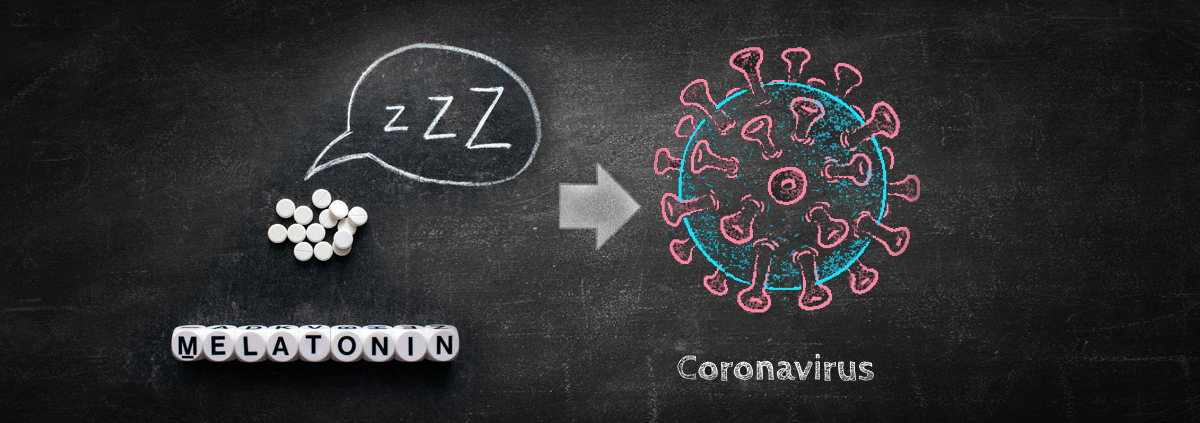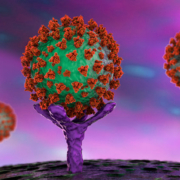Using Melatonin to Treat COVID-19
Today’s research paper is a type of study that uses large datasets to examine the relationship between successful treatments for people with COVID-19 and related viral infections. Let’s take a look.
Network-Based Drug Repurposing
To say that this is complicated is a tremendous understatement, but let’s give it a go. Researchers identified specific targets for the many different strains of COVID and SARS viruses, including all of the research on the receptor targets in the body for every COVID-related virus, such as the ACE2 receptor. Then they examined each drug that has been used to treat people with the virus to see how effective it was, along with drugs that had specific receptor targets when used for other reasons. Researchers weren’t looking for a cure; they wanted to determine whether specific symptoms in various parts of the body improved such as the lungs, the heart, fatigue, etc.
They started with dozens of receptors and over 2,000 FDA-approved medications, and after running the initial analysis, they reduced the number of drugs to 135. They ultimately came up with three pairs of medications that could be effective in treating COVID-19: sirolimus plus dactinomycin, mercaptopurine plus melatonin, and toremifene plus emodin. I would wager that five of those are medications you’ve never heard of, but you’re probably acquainted with melatonin. That’s what caught my attention, so let’s take a look at why melatonin would be included in a potential treatment for COVID-19.
Melatonin as an Antiviral
In their explanation, researchers said melatonin has been reported to have a potential for treating antiviral infection because of its anti-inflammatory and antioxidant effects. As suggested, melatonin can indirectly impact the ACE2 receptor, which is a key target of the COVID-19 virus. Mercaptopurine blocks specific papain-like proteases such as the ACE2 receptor; the hope is that the combination will block the ACE2 and other target receptors from the virus and reduce the inflammatory response.
The Bottom Line
The researchers say there’s a long way to go before this combination can be used to treat COVID-19—pre-clinical and clinical trials for sure to test whether this combination actually works to treat the virus.
When it comes to melatonin, it makes sense to add it to our immune-boosting regimen. Its mechanism of action is different from the zinc, vitamin D, and vitamin C we may already be taking. The question is how much? I don’t have a specific answer because there’s still so much research to review. But I’m going to begin with 6 mg. That’s not too much and even if it doesn’t work for immune boosting, the potential benefits for memory, etc., make it worth taking; take it at night, of course, because of its ability to help you sleep. When I’ve reviewed more research, I may be able to give you a more definitive answer. In the meantime, there’s no apparent downside to taking melatonin. If you feel you need the additional immune boosting—and who doesn’t—give it a try.
What are you prepared to do today?
Dr. Chet
Reference: Nature. https://doi.org/10.1038/s41421-020-0153-3









